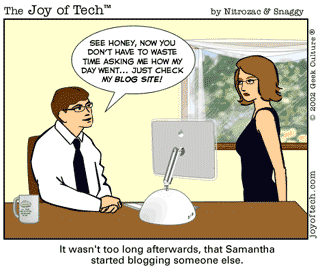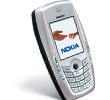That jumped out of a post by Jeff Jarvis on Buzz Machine and –at first glance– it seems too obvious to mention. But the company I work for was started by a man who built and owned (owns) a radio network. He didn’t own the radio stations but he owned the network that provided them content (news, sports, ag). Others might have been able to produce the content but (back then) had no affordable way to deliver that content to the radio stations. When our founder put in a satellite uplink, we had an even greater advantage. Faster, cheaper, better quality.
We still have the satellite uplink and the downlinks and we work with more radio stations than ever. But more and more of our content is now “delivered” to our affiliated stations via the internet. Very close to not needing the satellite system at all. If we were starting the company today, it would almost certainly be web-based. And the podcast explosion is sure to add another interesting dimension.
Other nuggets from Jeff Jarvis’ post:
* The audience often knows the news before we report it.
* A blog is a little First Amendment machine (Jay Rosen)
* Google is a brand killer. People find what they want from any source and don’t credit or remember the source.

 On Thursday, I will have been “…writing some of this down” for three years. More than 1,000 thoughts, notes, links, rants, reviews and random ravings. I couldn’t have imagined sticking with it this long and I can’t imagine ever stopping. I’ll be 57 next month so I could easily have another 25 years of blogging ahead.
On Thursday, I will have been “…writing some of this down” for three years. More than 1,000 thoughts, notes, links, rants, reviews and random ravings. I couldn’t have imagined sticking with it this long and I can’t imagine ever stopping. I’ll be 57 next month so I could easily have another 25 years of blogging ahead. Nokia’s snazzy new 6620 gives Internet radio its due. It boasts plenty of impressive video features, including a still camera that produces surprisingly good photos. But it’s the radio, available on a service through AT&T Wireless — now part of Cingular — that sets it apart. Why is the radio so important? Because it’s live. Viable live TV on handsets is at least a couple of years away. Radio works right now.
Nokia’s snazzy new 6620 gives Internet radio its due. It boasts plenty of impressive video features, including a still camera that produces surprisingly good photos. But it’s the radio, available on a service through AT&T Wireless — now part of Cingular — that sets it apart. Why is the radio so important? Because it’s live. Viable live TV on handsets is at least a couple of years away. Radio works right now.